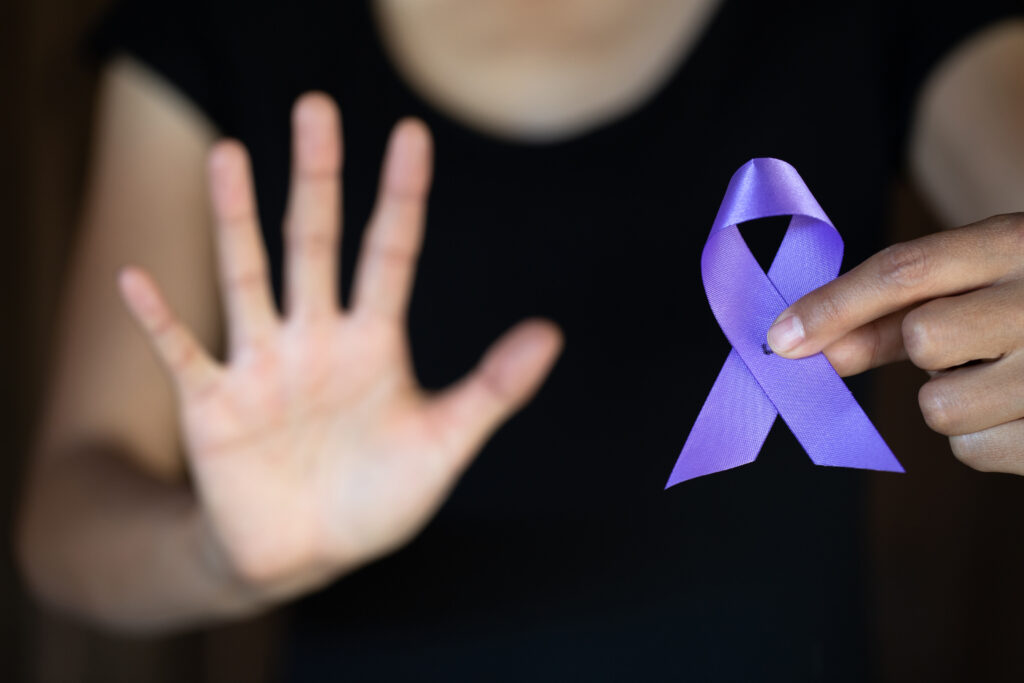
During these difficult and confusing times, it’s important that we all rally together to help one another. This week, we’re releasing daily blog posts with ideas for how your clinic can help the people in your community.
We’re going to start by talking about getting help for victims of domestic violence. During this time of social isolation and quarantining, some people are unfortunately being forced to shelter in unsafe situations. According to an article by NBC News, the CEO of the National Domestic Violence Hotline says domestic violence survivors are already feeling the impact of the outbreak. With more access to their victims, and an increase in stressors, abusers are reacting in dangerous ways. And with one in four women and one in seven men experiencing domestic abuse, it’s likely that some of your clients fall into this category. So, what can you do to help?
Be on the Lookout
First, it’s important to know the signs of domestic violence. You’re likely conducting appointments via phone or video, and not in person, so it can be hard to see the physical signs, like bruises or swelling. However, you can pay attention to what your clients say. Be on the lookout for these signs of abuse, as outlined by Mayo Clinic:
- Does the client have difficulty contacting you? Abusers often restrict victims’ access to healthcare.
- Do they mention having to ask their partner for money? Abusers like to control their victims’ spending.
- Does the client seem timid or anxious? They might be worried their abuser is monitoring their conversations, and are afraid of saying the wrong thing.
- Do they have low self-esteem or use hurtful language when talking about themselves? They may have internalized verbal abuse they’ve heard from their abuser.
Find Ways to Help
If you suspect a client you’re working with might be a victim of domestic violence, you’ll have to tread carefully. Many won’t ask for help or won’t feel safe seeking assistance. Here are some ways you can reach out:
- Post a link to the National Domestic Violence Hotline website on your agency’s Facebook page. During discussions with clients, you can say something as innocuous as, “Check our Facebook page for helpful information.” This way, if an abuser is listening in, they won’t be tipped off.
- If you get a chance to speak with a client privately, encourage them to check their computer for spyware and check vehicles for GPS. Though most people will be staying at home during this time, let them know that in an emergency, they can still call 911 or seek out a police station.
- Let clients know that phone usage is sometimes monitored, so they need to be careful about how they use their devices, including finding safe times to do so.
- Forward or post to Facebook information for local women’s shelters or crisis centers. Some people may not feel comfortable calling a national hotline, but might be more open to seeking help locally.